
APPAM Communities
Since 2019, APPAM Communities have provided invaluable opportunities to connect around shared identities and interests. Communities gather together at the Annual Fall Research Conference, throughout the year at in-person meetings, and virtually through Circle, our online platform.
Please see APPAM's current communities below. Members are encouraged to submit ideas for new Communities and suggestions for Communities chairs at info@appam.org. Please note: You must be a professional, active member to suggest an idea for a new Community.
Interested in joining? Fill out this form and we’ll send you a link to join the Circle space of your chosen Community. Communities are what you make of them so we encourage you to participate, talk to fellow members, share resources, and make connections.

Active Communities
Artificial Intelligence
The APPAM AI Community is a group of individuals passionate about the relationship between AI and public policy, whether about the emergence of AI policy as a field, the study of AI's impact on social or ethical issues, or in the application of AI techniques in research. Our community includes researchers and practitioners in academia, civil society, government, industry, whether experts or novices, and especially welcomes students.
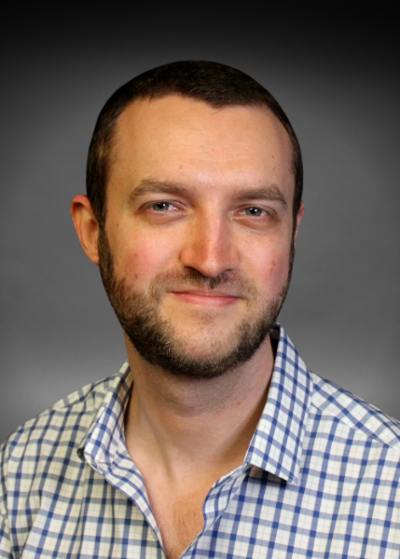
Co-chair: Daniel Schiff, Purdue University
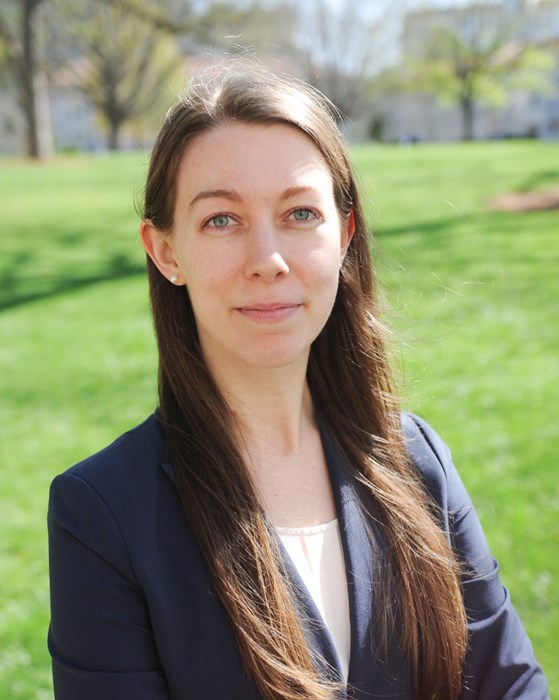
Co-chair: Kaylyn Jackson Schiff, Purdue University
BIPOC in Public Policy
This Community was created to help support Black, Indigenous and People of Color engaged in research. Discussions include challenges faced by BIPOC researchers, challenges in the field itself, and ways APPAM and other stakeholders can help engage and promote DEI.

Co-chair: Joseph Benitez, University of Kentucky
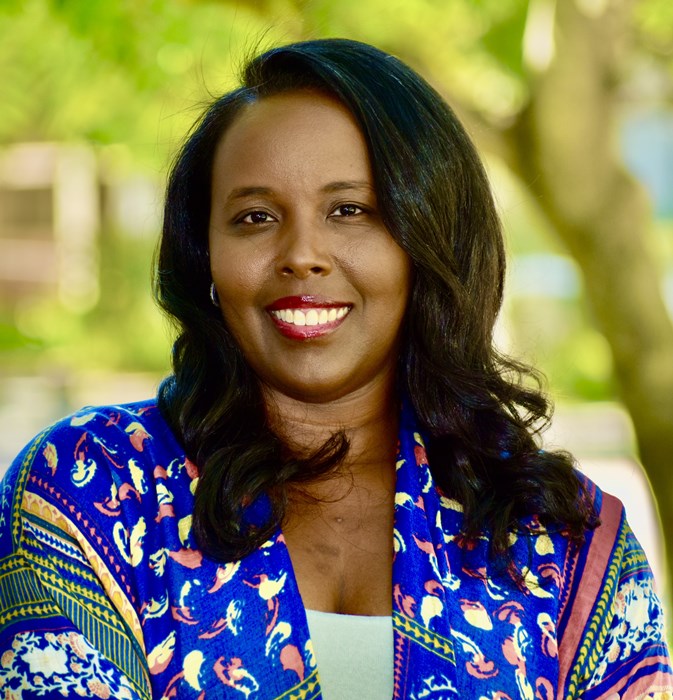
Co-chair: Robynn Cox, University of California, Riverside
Chinese Policy Scholars Group
This Community fosters a dynamic and inclusive community for scholarly and professional exchange, bringing together Chinese and non-Chinese policy scholars interested in Chinese public policy and comparative public policy.
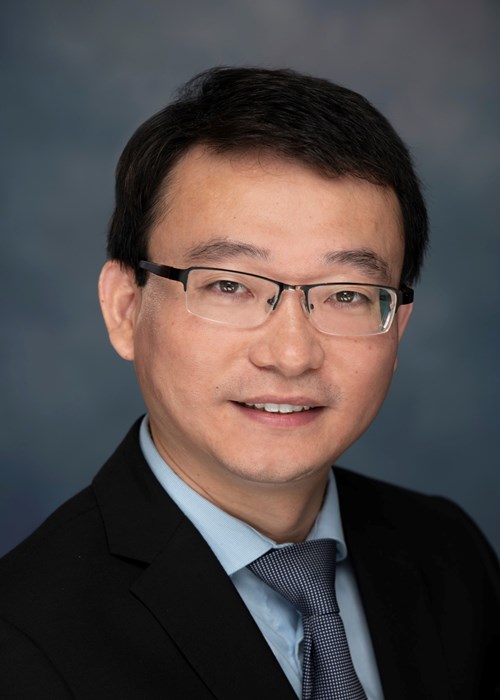
Co-chair: Can Chen, Georgia State University
Data Science
This Community explores data science topics and applications in public policy and management. It takes a broad view of data science, including quantitative skills, domain expertise, and “soft skills,” such as ethics and communication. Anticipated community discussions are the alignment of data science and public policy and management training as well as the impact of data science on public policy and management careers and research.
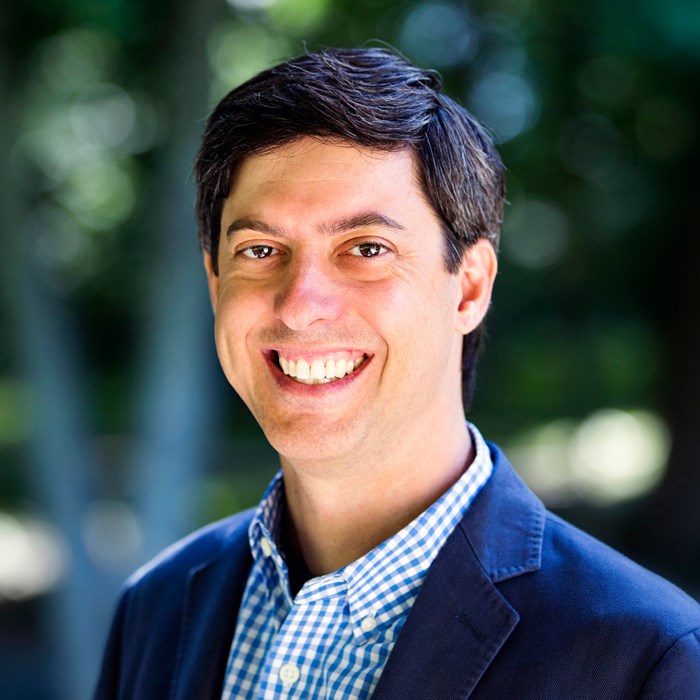
Co-chair: Jon Schwabish, Urban Institute
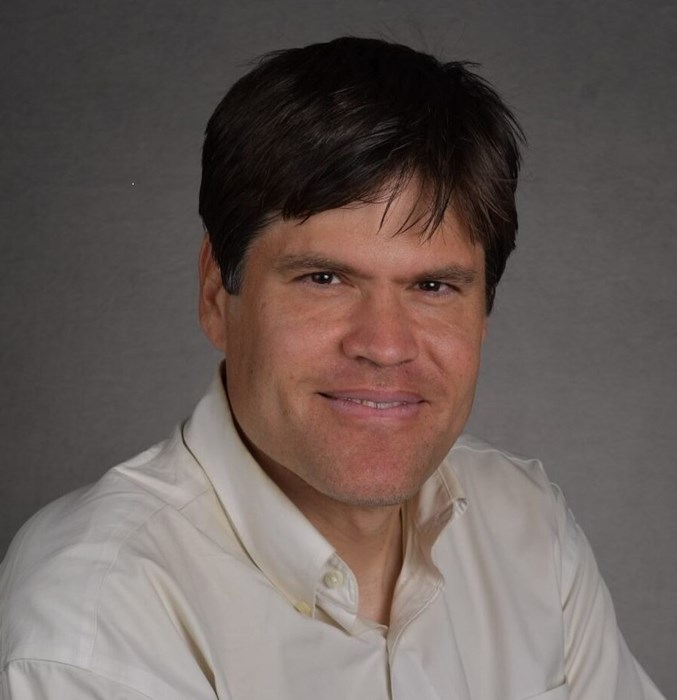
Co-chair: Torbet McNeil, University of Arizona
Early Career Professionals
This Community is for those new to the research world (less than 10 years post terminal degree) and is meant to help support those just starting out in their career, whether academia, government, think tank, NGO, non-profit or a corporate role.
.jpg)
Chair: Lauren Toppenberg, APPAM Policy Council
First-Gen Researchers
First generation college graduates or those whose parents do not have four-year degrees can gather to create a space to discuss this aspect of diversity. Join the Community to make new connections, discuss your own perspectives on policy research as a first generation researcher and find ways APPAM can continue to support this group.
.jpg)
Co-chair: Leslie Orrantia, University of Wisconsin-Madison
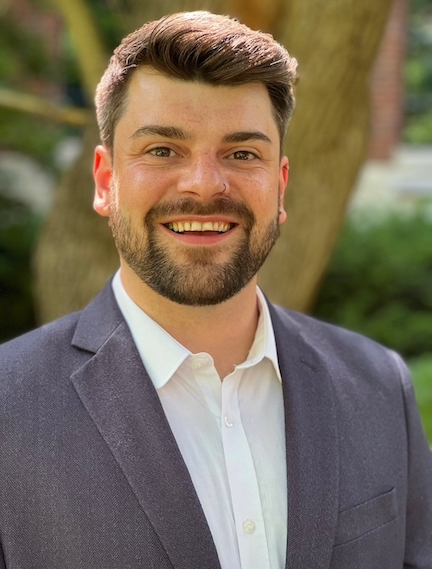
Co-chair: Samuel Mann, Vanderbilt University
LGBTQ+ Researchers
This Community was created to help better support LGBTQ+ members and increase inclusivity and diversity. Discussions include challenges faced by research on policy issues, challenges faced by LGBTQ+ researchers, policy challenges with the LGBTQ+ community and more.
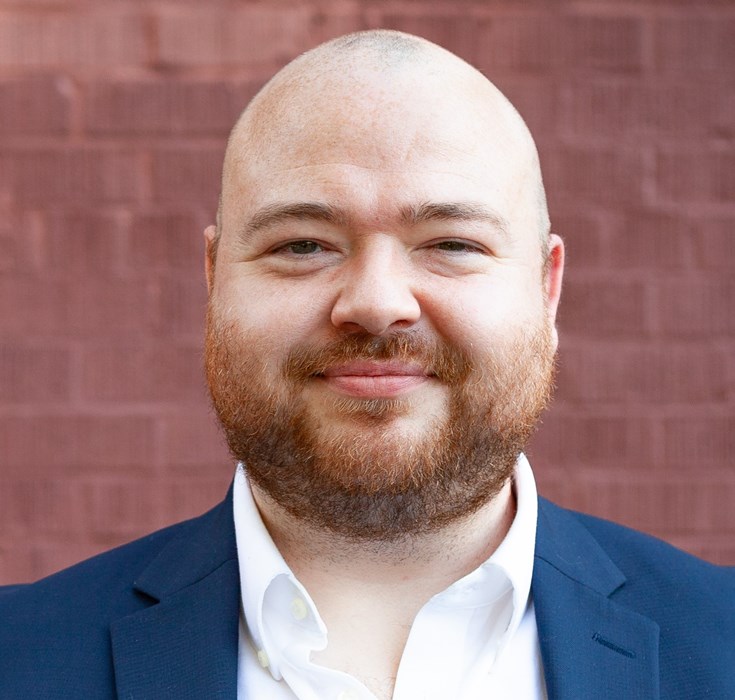
Co-chair: Ben Harrell, Trinity University

Co-chair: Nathaniel Tran, University of Illinois Chicago
Undergraduate Education
This Community is for educators and researchers committed to supporting the development of undergraduate education in public policy and public affairs as they relate to APPAM educational institutions.

Co-chair: T.J. McCarthy, University of Southern California, Price School of Public Policy
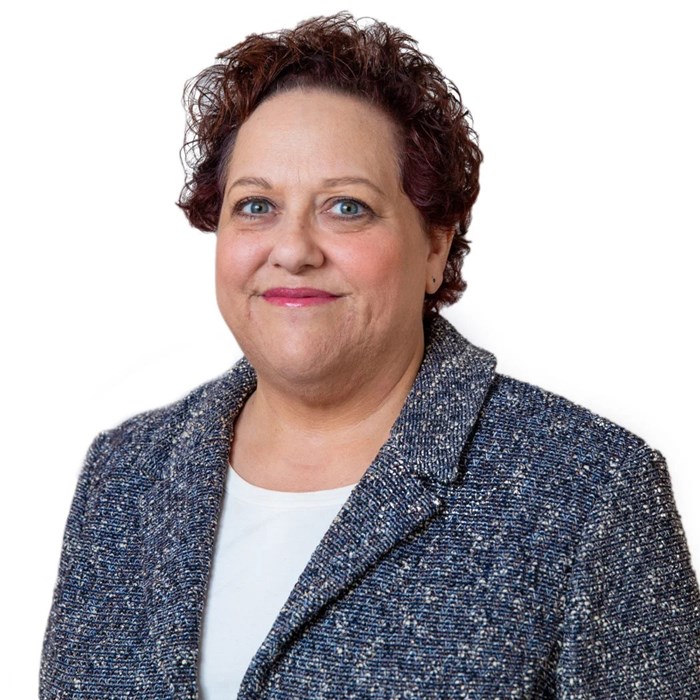
Co-chair: Barbara Schone, Georgetown University, McCourt School of Public Policy
Women in Economics
This Community is for researchers committed to doing research about, supporting the development of, and/or advancing professional opportunities for women (cis and trans) and non-binary economists in the APPAM community. This is meant for members at all career stages. This Community will discuss professional concerns, current research, challenges and potential solutions, future APPAM activities and more.
